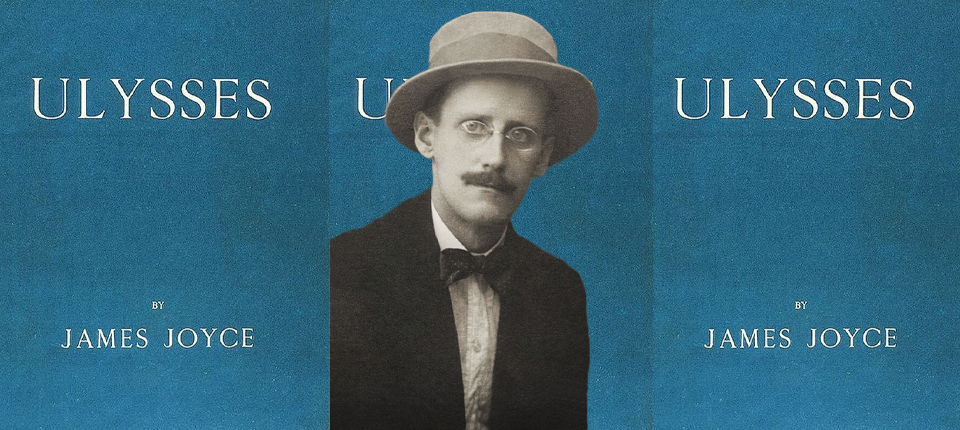TODAY: In 1933, U.S. federal judge John M. Woolsey rules that James Joyce’s novel Ulysses is not obscene.
- Susan Abulhawa remembers Refaat Alareer a year after he was killed by Israeli forces: “I believe some part of him knew what was to come. Still, he was planning for things ‘after the genocide stops.’” | Lit Hub Criticism
- “Nightbitch’s art is successful because she creates a world you can believe in from the detritus of childhood; the audience are able to see themselves in it.” Janet Manley examines Marielle Heller’s adaptation of Nightbitch. | Lit Hub Film
- Weike Wang’s Rental House, Callum Robinson’s Ingrained: The Making of a Craftsman, and Pat Barker’s The Voyage Home all feature among the best reviewed books of the week. | Book Marks
- Glenn Adamson on failed European modernism and the rise and fall of early 20th-century avant-garde. | Lit Hub Art
- “During sex the mind drifts free / a gull—a gulf— / off the body’s edge.” Read “Dissociation” and “Central Park, Nocturne,” two poems by David McLoghlin from the collection Crash Center. | Lit Hub Poetry
- Our friends at AudioFile Magazine present the best audiobooks of 2024. | Lit Hub Reading Lists
- “Home, like history, is at once both expansive and incomplete, a necessary mystery.” Beowulf Sheehan on author photos and the search for home. | Lit Hub Craft
- “Sabine had traumatised only a few people in her life and one of them was her husband.” Read from Ella Baxter’s novel, Woo Woo. | Lit Hub Fiction
- Dionne Brand on the novel’s relationship to colonization. | The Nation
- “It turns out that there is some benefit to working in an industry that is clearly contracting but has not yet died. It forces you to think.” Phil Christman considers the future of teaching literature. | Plough
- “Something about the act of writing by hand, and the production of a physical object, makes the older technology more effective than the new.” Roland Allen on the endurance of the Moleskine. | The Walrus
- “He considered writing less a job than a vocation, a role he took on as a gesture of faith.” On Harlan Ellison’s final work. | Alta
- Vika Mujumdar examines the work of poet Don Mee Choi: “Asking what it means to live a life where war haunts everything, Choi’s trilogy answers her question by using both literary rupture and formal rupture.” | Public Books
- Akanksha Singh talks to Jokha Alharthi about trusting readers and writing about platonic love. | Los Angeles Review of Books
Article continues after advertisement

